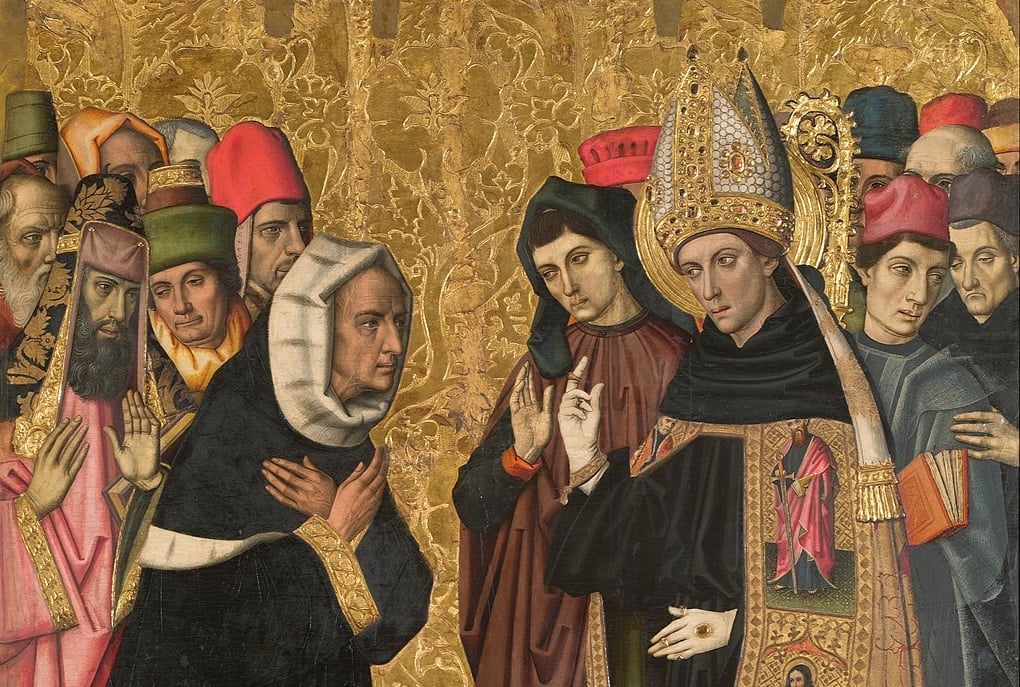Charlie Kirk’s assassination marks a turning point in the culture wars. For many conservatives, Kirk was not just a movement leader but an icon. His tragic death has been interpreted by some as a form of martyrdom: a man who modeled charity in debate and generosity toward opponents, yet was met with violence in return. The temptation among his admirers is clear: he fought with grace, and look what it got him; now it’s time to take the gloves off.
Login to read more
Sign in or create a free account to access Subscriber-only content.
